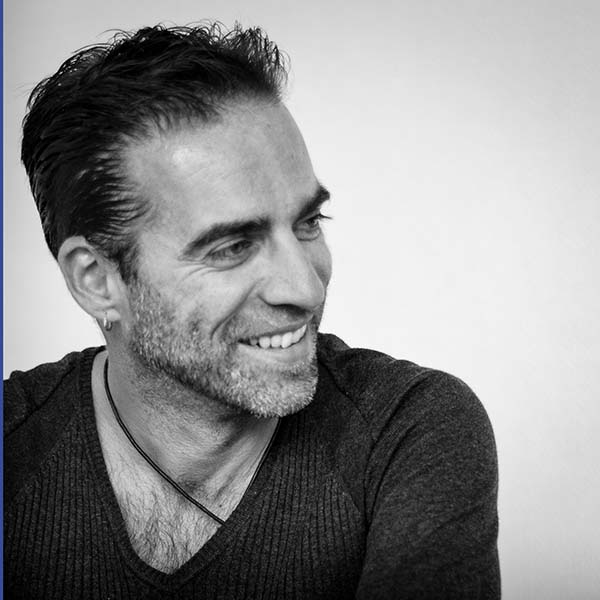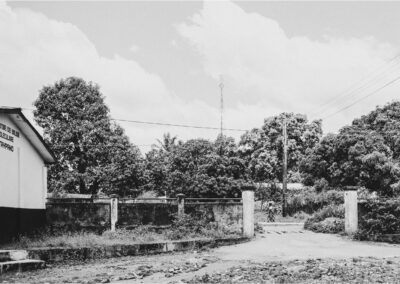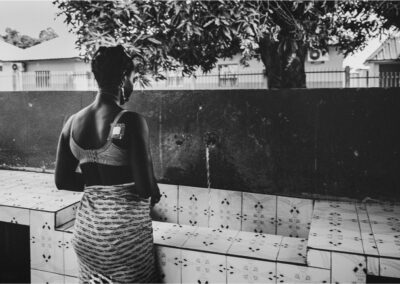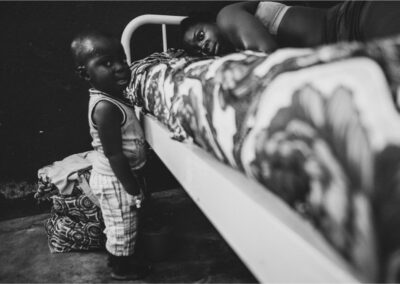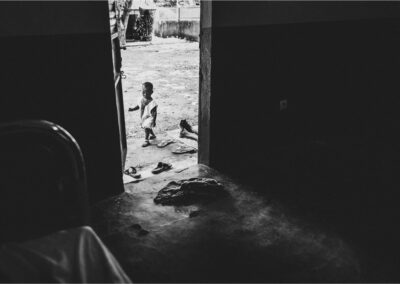Alain Licari: Guest photographer 2024
I was born in France, lived in Spain for a few years and worked in New York from 2015 to 2020. Since September 2020, I share my time between Guinea and France.
A self-taught photographer, I am inspired by humanist and social photography in black and white, and more particularly by great masters such as Raymond Depardon, Sebastiao Salgado, Mary Hellen Mark, Dorothy Lange and Eugène Smith.
My photographic work revolves around people and communities who live on the margins of society or whose daily lives can take on a universal value. I immerse myself as closely as possible to them, sharing long moments together; I observe and seek the right distance to then relay these stories that question current events and our lifestyles.
My photographic approach is close to that of a documentary, in that I take the time to produce my series and return regularly to the places I have previously photographed. This allows me to delve deeper into a subject, exploring it from different angles and observing its evolution over time. But I also strive to produce aesthetically pleasing photography, paying particular attention to framing and composition, often inspired by the cinema.
Website: www.alainlicari-photographe.com
Instragram: @alain.licari
Facebook: alain.licari
L’oubliée | The forgotten one
In front of the rooms, in the shade of the majestic trees that adorn the courtyard, a small group of women. They are chatting quietly, going about their business.
One of them is lying on the flagstone: she looks like she’s asleep. Another walks slowly out of the infirmary. There are few men here: most have preferred to stay in the village.
And yet, they have tested positive. They know they are risking their lives if they are not treated quickly, but the long weeks of convalescence mean lost income for the family. It’s hard to convince them.
We thought it had disappeared; we’d almost forgotten about it, even though it continues to kill if not treated in time. But thanks to Guinean and international programs, sleeping sickness is now a thing of the past.
After careful screening in the field, the health center in Dubréka (Guinea) accepts villagers infected by the parasite transmitted by the tsetse fly.
Patients receive free care day and night for several weeks. Thanks to the care they receive, they gradually recover, regain their strength and are finally able to return to their villages.
The World Health Organization predicts that sleeping sickness will be eliminated by 2030.

